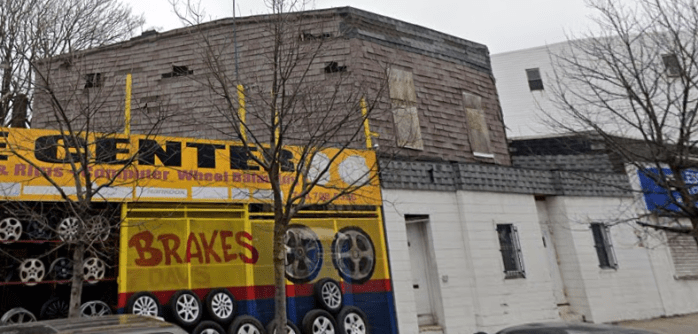An executive committee appointed by Caribbean governments to fight Britain and other European powers to make them pay for the horrors of the Trans Atlantic Slave Trade has said that it has no choice but to demand reparations, as the effects of slavery on Black people are simply too much to bear.
Updating the region after meeting this week in Jamaica with a British law firm that won reparations for Kenyan tribesman against Britain, the group said it had identified several key areas that should attract funding, if and when it wins its case against the UK, Spain, France, the Netherlands, Portugal, Sweden and Norway in the coming years.
The group said that slavery has been so horrific on the region’s African-descended population that it “has the highest incidence in the world of chronic diseases in the form of hypertension and Type 2 Diabetes that are the direct result of their nutritional exposure, endemic inhumane physical and emotional brutalization and other aspects of the stress experience of slavery and post slavery apartheid.
Regional governments have been so concerned about chronic diseases among the population that they have twice held special leaders’ summits in the past decade to address the issue as public spending to deal with diabetes, hypertension and heart disease has been increasing astronomically in recent years.
Pointing to other areas of sadness and genocide, the group singled out Britain as an example, saying that once the colonial era had ended, the African population was left in a state of general illiteracy as up to 70 percent of citizens were functionally illiterate. “Widespread illiteracy continues to plague Caribbean societies and accounts for significant parts of their development challenges.”
European colonizers were also blamed for under-investing in cultural institutions like museums and research centers, the committee noted, adding that the “victims have been left disenfranchised with respect of their institutional and cultural experiences and memory. This crisis must be remedied,” the executive said.
Further developing their case, the committee noted that the Europeans had embarked on a deliberate policy of ensuring that the Caribbean should not be exposed to manufacturing and industrial development processes and should be largely confined to raw-material production.
Today its members argue, the regional bloc of nations is scientifically and technologically backward, and an ill-equipped civilization which continues to experience debilitating backwardness in a science- and technology-globalized world. This matter must be addressed in reparatory dialogue.”
Meanwhile, the executive says that it is satisfied with the soundness of the legal brief it received from attorneys of the law firm of Leigh Day, deeming its services as valuable and contending that arguments would be further bolstered and refined with the addition of legal points from regional luminaries and academics.
The next moves after the current preparatory stage, would be to “request reparatory dialogue with beneficiary slave-owning European states with a view to formulating a new development agenda for the Caribbean, taking these reparatory objectives into consideration, in order to promote the 21st century as a period of mutual respect, recognition, and conciliation,” the group said, expressing anger that Blacks were classified by slave owners as “non-human”, “chattel property” and “real estate.”





















